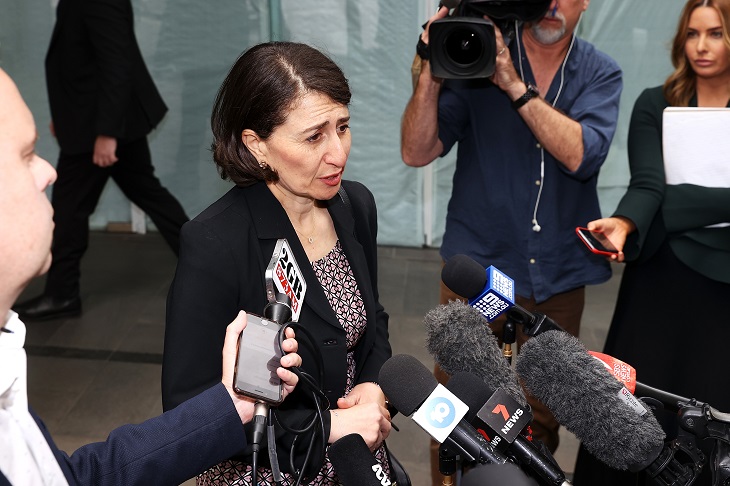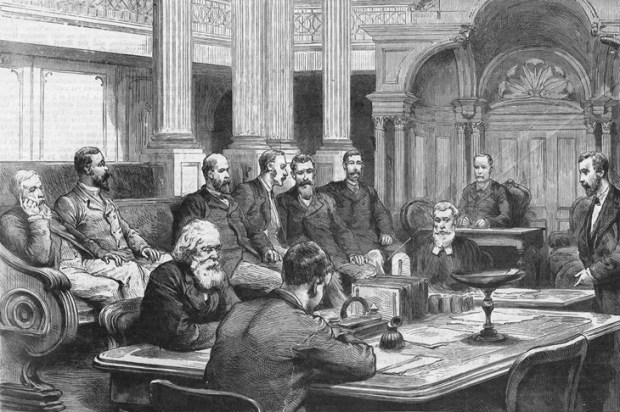The saying ‘the ends justify the means’ is often erroneously attributed to the early 16th century Florentine diplomat and philosopher Niccolò Machiavelli. However, it has been used by historians through the ages to describe his political philosophy as espoused in his most famous work, The Prince, and in particular in connection with his view that it is better for a ‘prince’, or ruler, to be feared than loved.
Already a subscriber? Log in
Subscribe for just $2 a week
Try a month of The Spectator Australia absolutely free and without commitment. Not only that but – if you choose to continue – you’ll pay just $2 a week for your first year.
- Unlimited access to spectator.com.au and app
- The weekly edition on the Spectator Australia app
- Spectator podcasts and newsletters
- Full access to spectator.co.uk
Or


























Comments
Don't miss out
Join the conversation with other Spectator Australia readers. Subscribe to leave a comment.
SUBSCRIBEAlready a subscriber? Log in